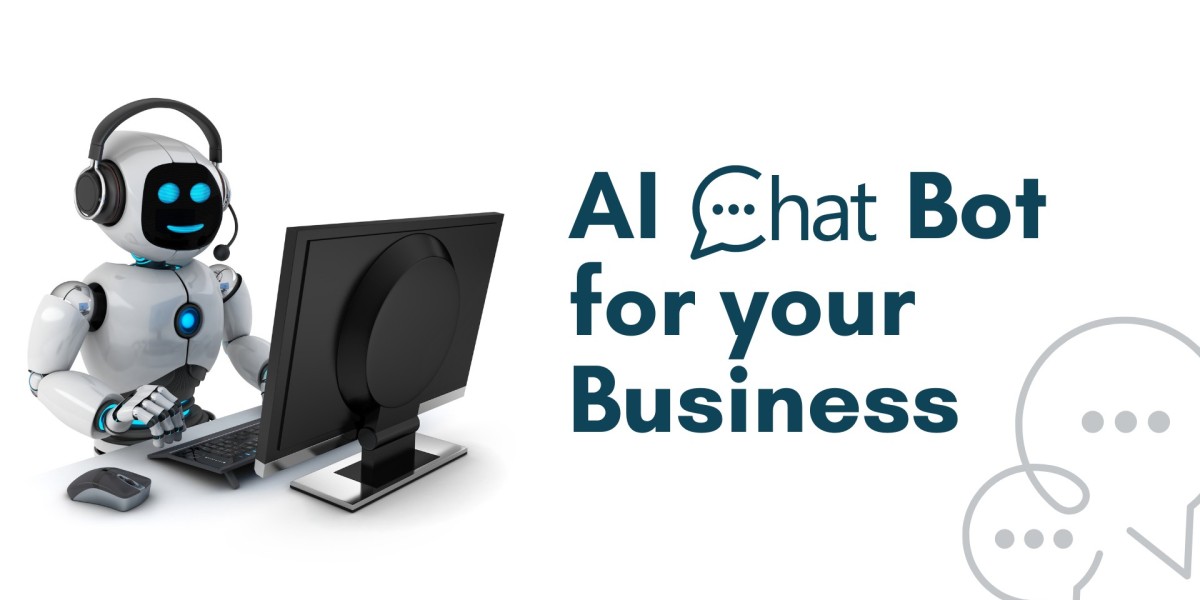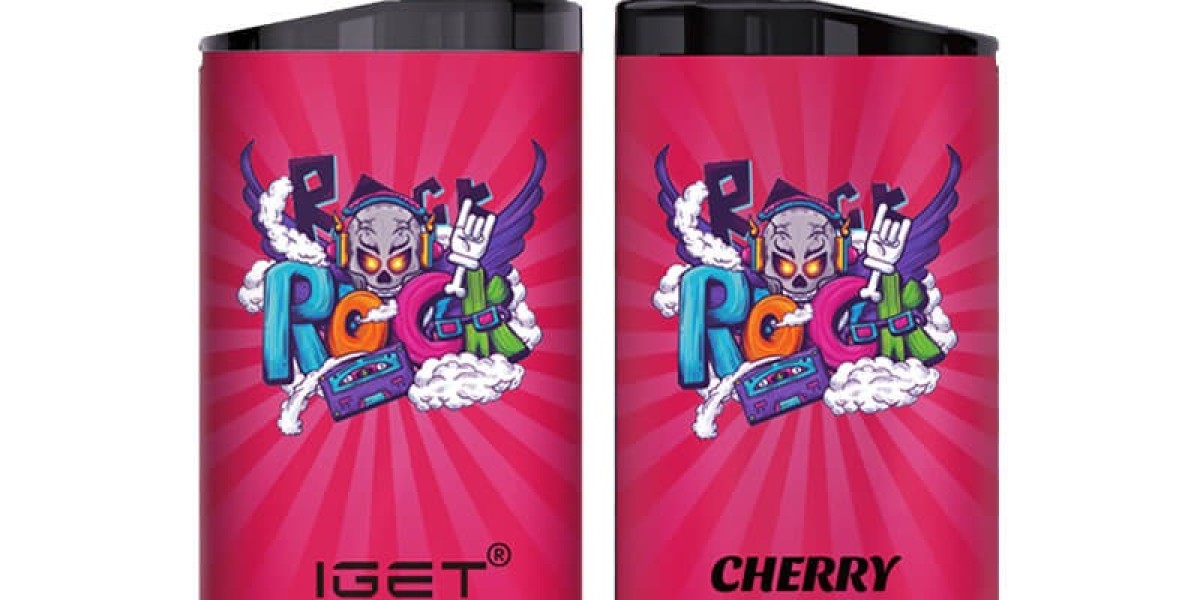Artificial Intelligence (AI) chatbots have transformed the way businesses and individuals interact with technology. These sophisticated systems are designed to simulate human conversation and provide users with information, customer support, and other services. As AI technology continues to evolve, chatbots are becoming more intelligent, efficient, and indispensable. In this article, we'll explore the best AI chatbots available today, their features, use cases, and how they can benefit your business or personal needs.
What is an AI Chatbot?
An AI chatbot is a computer program that uses natural language processing (NLP) and machine learning to understand and respond to human input. Unlike traditional rule-based chatbots that follow pre-set scripts, AI chatbots can learn from interactions, adapt to new situations, and provide more accurate and personalized responses. They can be integrated into various platforms, including websites, messaging apps, and voice assistants.
Why Use an AI Chatbot?
Enhanced Customer Service
AI chatbots provide 24/7 customer support, handling inquiries and issues without the need for human intervention. They can answer common questions, guide users through processes, and escalate complex issues to human agents when necessary.
Increased Efficiency
By automating repetitive tasks, AI chatbots free up human employees to focus on more strategic activities. This leads to increased productivity and reduced operational costs.
Personalization
AI chatbots can analyze user data to deliver personalized experiences. They can remember previous interactions, preferences, and purchase history to provide tailored recommendations and support.
Scalability
As your business grows, so does the demand for customer support. AI chatbots can handle multiple interactions simultaneously, ensuring consistent service regardless of volume.
Top AI Chatbots of 2024
1. OpenAI's ChatGPT
Overview
ChatGPT, developed by OpenAI, is one of the most advanced AI chatbots available. Built on the GPT-4 architecture, it excels in understanding and generating human-like text. ChatGPT can engage in meaningful conversations, answer questions, provide recommendations, and more.
Key Features
- Natural Language Understanding: ChatGPT can comprehend complex sentences and context, making interactions feel more human.
- Versatility: It can be used for various applications, including customer support, content creation, and virtual assistance.
- Customization: Businesses can fine-tune ChatGPT to align with their specific needs and brand voice.
Use Cases
- Customer Support: ChatGPT can handle a wide range of customer queries, from product information to troubleshooting.
- Content Generation: It can assist in writing articles, generating ideas, and creating marketing copy.
- Virtual Assistant: ChatGPT can manage schedules, set reminders, and provide information on demand.
2. IBM Watson Assistant
Overview
IBM Watson Assistant is a powerful AI chatbot designed for enterprise use. It leverages IBM's extensive expertise in AI and NLP to deliver intelligent and reliable conversational experiences.
Key Features
- AI-Powered Insights: Watson Assistant uses advanced analytics to understand user intent and provide accurate responses.
- Multi-Channel Support: It can be deployed across various platforms, including websites, mobile apps, and messaging apps.
- Integration Capabilities: Watson Assistant can integrate with existing systems, such as CRM and ERP, to provide seamless support.
Use Cases
- Healthcare: Watson Assistant can assist patients with appointment scheduling, medical information, and symptom checking.
- Retail: It can guide customers through the buying process, provide product recommendations, and handle returns.
- Banking: Watson Assistant can help customers with account management, transaction history, and fraud detection.
3. Google Dialogflow
Overview
Google Dialogflow is a versatile AI chatbot platform that allows developers to create conversational interfaces for websites, mobile apps, and other platforms. It uses Google's AI and NLP technologies to deliver robust and scalable solutions.
Key Features
- Natural Language Processing: Dialogflow can understand and interpret natural language input, enabling more intuitive interactions.
- Easy Integration: It supports integration with various platforms, including Google Assistant, Slack, and Facebook Messenger.
- Rich Responses: Dialogflow can deliver multimedia responses, such as images, cards, and quick replies.
Use Cases
- E-commerce: Dialogflow can assist customers with product searches, order tracking, and personalized recommendations.
- Customer Support: It can handle common inquiries, escalate issues to human agents, and provide detailed information.
- Travel and Hospitality: Dialogflow can help users book flights, hotels, and provide travel itineraries.
4. Microsoft Azure Bot Service
Overview
Microsoft Azure Bot Service provides a comprehensive platform for building and deploying AI chatbots. It integrates with Azure Cognitive Services to deliver intelligent and responsive conversational experiences.
Key Features
- AI and Machine Learning: Azure Bot Service leverages advanced AI models to understand and respond to user input.
- Multi-Channel Deployment: Bots can be deployed across various channels, including websites, Microsoft Teams, and Cortana.
- Scalability: Azure's robust infrastructure ensures that bots can handle high volumes of interactions.
Use Cases
- Human Resources: Azure Bot Service can assist employees with HR-related queries, such as leave requests and policy information.
- Customer Service: It can provide instant support, handle FAQs, and escalate issues to human agents.
- Education: Bots can help students with course information, enrollment processes, and academic support.
5. Amazon Lex
Overview
Amazon Lex, part of the AWS ecosystem, is an AI chatbot service that enables developers to build conversational interfaces using voice and text. It uses the same technology as Amazon Alexa, ensuring high-quality interactions.
Key Features
- Automatic Speech Recognition: Lex can convert speech to text, enabling voice interactions.
- Natural Language Understanding: It can interpret user intent and provide appropriate responses.
- Integration with AWS: Lex can integrate with other AWS services, such as Lambda, for enhanced functionality.
Use Cases
- Customer Support: Lex can handle voice and text inquiries, provide information, and resolve issues.
- Interactive Voice Response (IVR): It can power IVR systems for customer service hotlines.
- IoT: Lex can be integrated with IoT devices to provide voice control and automation.
6. Rasa
Overview
Rasa is an open-source AI chatbot framework that allows developers to create highly customizable and advanced conversational agents. It focuses on flexibility and control, making it ideal for businesses with specific requirements.
Key Features
- Customizability: Rasa provides complete control over the chatbot's behavior and responses.
- Machine Learning: It uses machine learning models to understand user intent and manage dialogue.
- Open-Source: Rasa's open-source nature allows businesses to modify and extend its capabilities.
Use Cases
- Healthcare: Rasa can provide personalized health advice, appointment scheduling, and patient support.
- Finance: It can assist customers with account management, transaction queries, and financial advice.
- Education: Rasa can offer academic support, course information, and student engagement.
Choosing the Right AI Chatbot
When selecting an AI chatbot for your business or personal use, consider the following factors:
Use Case
Identify the primary purpose of the chatbot. Is it for customer support, lead generation, content creation, or another function? Different chatbots excel in different areas, so choose one that aligns with your needs.
Integration
Ensure that the chatbot can integrate with your existing systems and platforms. This includes CRM software, messaging apps, and other tools you use daily.
Customization
Look for a chatbot that allows for customization to match your brand's voice and requirements. This includes the ability to fine-tune responses, add custom intents, and integrate with specific APIs.
Scalability
Consider the scalability of the chatbot. Can it handle increasing volumes of interactions as your business grows? Ensure that the platform can support your long-term needs.
Cost
Evaluate the cost of the chatbot solution, including any licensing fees, usage costs, and potential additional expenses for customization and integration.
Future Trends in AI Chatbots
As AI technology continues to advance, the future of AI chatbots looks promising. Here are some trends to watch:
Improved Natural Language Understanding
Advancements in NLP will enable chatbots to understand and respond to more complex and nuanced queries, making interactions even more human-like.
Multi-Modal Interactions
Future chatbots will support multi-modal interactions, combining text, voice, and visual inputs to provide richer and more engaging experiences.
Enhanced Personalization
AI chatbots will leverage more sophisticated algorithms and data analytics to deliver highly personalized experiences, anticipating user needs and preferences.
Integration with Emerging Technologies
Chatbots will increasingly integrate with emerging technologies, such as augmented reality (AR), virtual reality (VR), and the Internet of Things (IoT), to provide innovative and immersive experiences.
Ethical and Responsible AI
As AI chatbots become more prevalent, there will be a greater focus on ethical and responsible AI, ensuring that chatbots are transparent, fair, and respectful of user privacy.
Enhanced Customer Support for Hosting Businesses
AI chatbots can significantly improve customer support for hosting businesses by providing instant, round-the-clock assistance. They can handle common inquiries such as plan details, uptime guarantees, and technical troubleshooting, reducing the need for human intervention. AI chatbots can also guide customers through the setup process, help them choose the right hosting package based on their needs, and provide real-time updates on service status. By automating these tasks, hosting businesses can ensure a seamless and efficient customer experience, leading to higher satisfaction and retention rates.
Conclusion
AI chatbots are revolutionizing the way we interact with technology, offering enhanced customer service, increased efficiency, and personalized experiences. With a wide range of options available, businesses and individuals can find the perfect chatbot to meet their needs. By understanding the key features and use cases of the best AI chatbots, you can make an informed decision and leverage this powerful technology to drive success and innovation.








